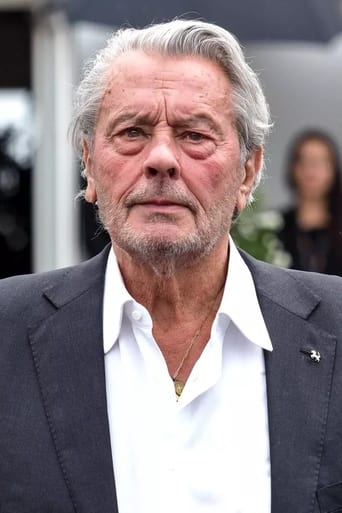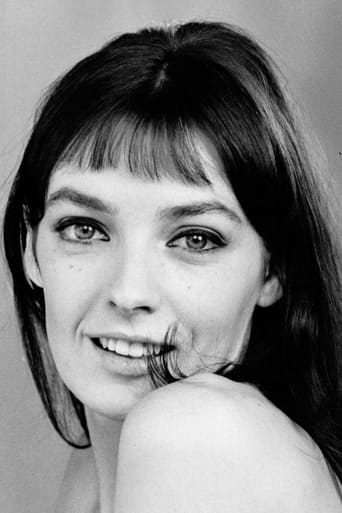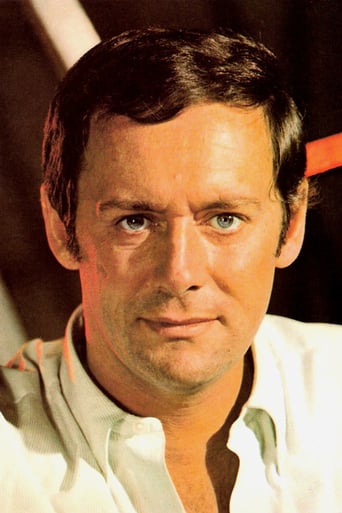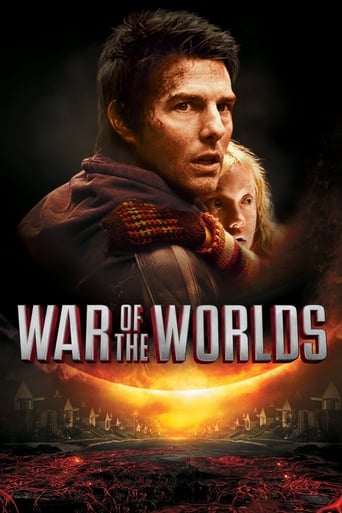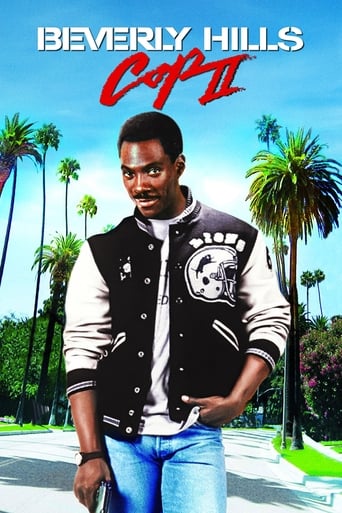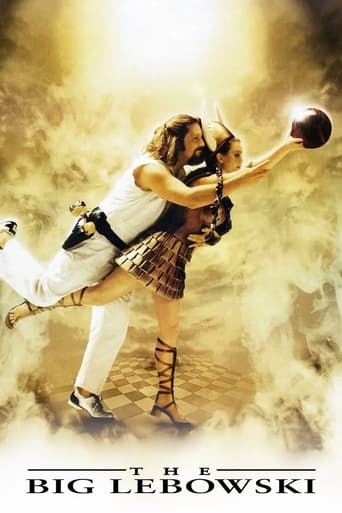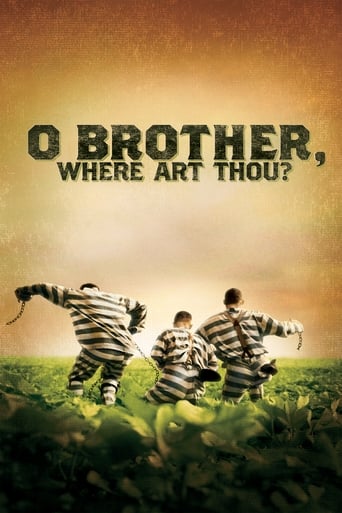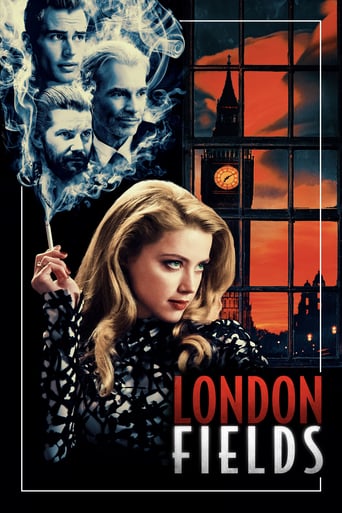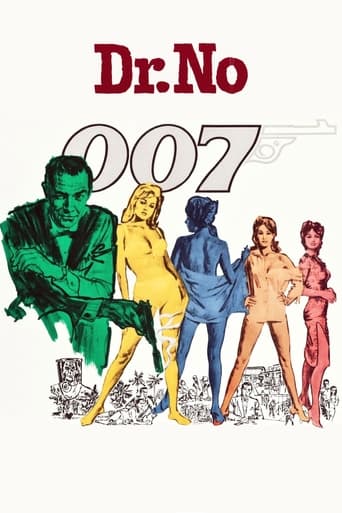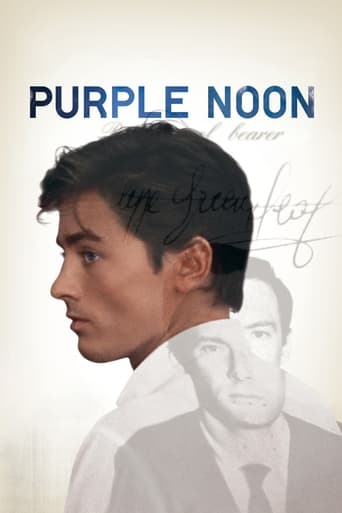
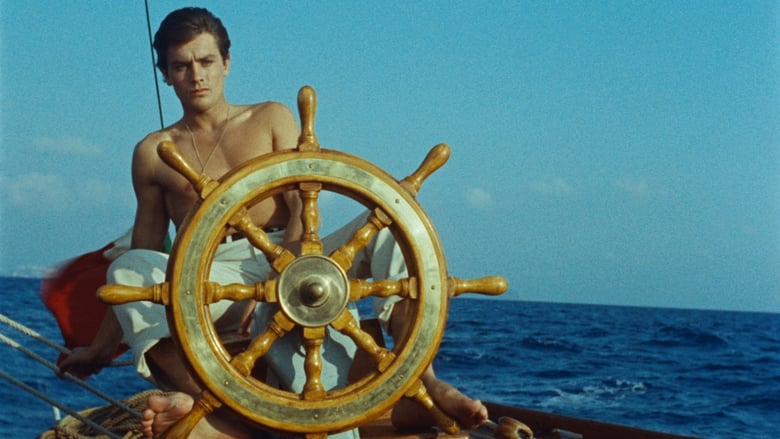
Purple Noon (1961)
Tom Ripley is a talented mimic, moocher, forger and all-around criminal improviser; but there's more to Tom Ripley than even he can guess.
Watch Trailer
Cast


Similar titles
Reviews
Purple Noon shot Alain Delon to international stardom. He plays Tom Ripley- a petty criminal who entraps a rich man, kills him and takes his place. The film is based on the Patricia Highsmith novel and anyone who has seen the American films based on the Ripley books will know that everyone from Matt Damon and John Malkovich to Dennis Hopper has played the psychopathic character- each with their own unique interpretation. In my opinion Delon is close to perfection to Highsmith's book, a fact even she acknowledged (she considered him excellent). The cinematography is stunning and truly captures the European lands and Rene Clement's direction is sublime and poetic.
Purple Noon (1960)It might be hard to see "Purple Noon" with the eyes of someone in 1960, when it was released, especially if you have seen the other famous movie based on the same book, the 1999 "The Talented Mr. Ripley." But in fact they are rather different films, even though a few scenes are quite similar. The more loosely filmed, less elegant, and rather clumsier "Purple Noon" is admired for exactly those qualities. It is not the 1999 highly (highly!) polished, superbly acted Anthony Minghella movie by any stretch, and yet, in most views, it is the better movie.But not to me. It's worth avoiding too much of that "which is better" comparison by remembering that the early film is distinctive as it spends much of its time as a kind of elevated mind game between to very good looking young men. They spar, they taunt, they find a kind of liberty and discovery in the ways they push each other to be something unexpected, even dangerous. This is developed in quick snippets as we go, but you get the sense of it more fully in a couple of longer scenes, and then eventually on the beautiful yacht where the crisis from their derring do comes to a head. Once Tom Ripley takes full control of his destiny, and Mr. Greenleaf's, we see that he is not, actually, the brilliantly deceptive and disarming Mr. Ripley in Minghella's film. That is, he isn't the "talented" Mr. Ripley at all, but a young man who barely avoids catastrophe time after time in his plot to take over Greenleaf's identity. He does succeed, to a point, but the constant dodges and role playing of Matt Damon's character are less the point here. This is more the picture of someone in slightly over his head.Alain Delon is certainly a pretty boy actor, a kind of cleaner, and more French, James Dean (who was already 5 years dead by this point). I can see how people prefer his version of Tom Ripley, because it's more likable the way any pretty rebellious and slightly dangerous boy is likable. In a way, I admire Damon simply because he wasn't such a paradigm. His flaws showed. It's Jude Law in the later film who is the pretty boy, playing Mr. Greenleaf, and in the earlier French version we have Maurice Ronet, who at least has the advantage of looking a lot like Delon.There are some weird flaws in "Purple Noon." One I couldn't accept at all was when Ripley calls Greenleaf's girlfriend, Marge, pretending to be Greenleaf, and Marge can't tell the difference. There are also touches in the later film that add to the complexity of it all--the addition of another woman, the greater presence of Freddy Miles (played in both movies by rather similar men), and the inner struggles of Ripley. Further, there is an authenticity to the American (later) film for the unavoidable reason that the characters are Americans in Europe, which they are (though Jude Law is British, a small point). In "Purple Noon" the characters are still American, with American names and histories and passports, but of course the look, act, and sound like they are French. Understandable, but odd in some larger view. There is also a wonderful sexual undercurrent in the later film missing in the first--the idea that Ripley is homosexual and doesn't know how to access those feelings, or how to come out to Greenleaf about it.Both films are beautifully filmed, this one far more simply, lacking the huge resources of Minghella's enterprise. That makes "Purple Noon" more gritty at times, and if it sometimes seems to cut corners (the market scene as the same woman in a blue dress in the background too many times), it is also more direct and less lofty, which is good in its own way. Jazz makes a brief appearance here, but nothing like in Minghella's version, where you might say the music takes over too much at times from the plot. "Purple Noon" does not, except for one short stretch on the yacht, dwell on atmospherics for their own sake.Rene Clement is certainly a celebrated French director, a generation before their amazing "New Wave" era. This is one of his lesser known features, but it has been getting closer attention in recent years, and you might really enjoy it. If you've seen the Damon/Law version of the two main characters here in action, you should enjoy the contrast of Delon/Ronet in the same roles. Very impressive, and different.
I'll bet that many fans of Anthony Minghella's excellent The Talented Mr. Ripley never watched René Clément's Purple Noon, the first cinematic adaptation of Patricia Highsmith's novel. That's a pity because, even though this French movie hasn't stolen one iota of the love I have lavished upon Minghella's version over the years, it is a remarkable exercise in growing suspense and tension.The film opens in Italy, and Tom and Philippe (not Dickie) have been having fun together for some time now, squandering the money of Philippe's father, who hired Tom to take him back to the USA. The story opens clumsily and thrusts the viewer into the middle of the action without any preambles, unlike Minghella's version. Philippe is getting tired of Tom, who's dressing up in his clothes and imitating him in front of mirrors, and Tom is realising he won't persuade Philippe to return to the USA and collect his father's reward. He's also falling in love with Philippe's girlfriend, Marge. So Tom decides to kill him.The murder, one of the highlights of the movie, happens in one of my favourite settings: in a yacht in open sea, away from civilisation and witnesses. It's a setting that several directors have exploited, from Roman Polanski to Claude Chabrol to Phillip Noyce. Few situations invoke tension and fear like the illusive peacefulness of the sea because, as Clémént shows, nature doesn't choose sides and can quickly become an obstacle to a well-planned murder.Alain Delon, younger than I've ever seen him in a movie, plays Tom Ripley. He plays the famous sociopath with ruthlessness and premeditation, hiding his emotions, if he has any, under an ice-cold look that is Delon's trademark. He delivers a fine performance, but his Ripley is not perfect. In the novel the villain seek to erase his identity and become someone else, someone of a better social class. The movie eschews the study of identity and class differences and makes Ripley a more traditional murderer, who kills a man for money and for a girl.The character of Marge (Marie Laforêt) gives to the movie little other than her beauty and a reason to pit between Tom against Philippe. I, however, prefer Tom in love with himself, a narcissist who doesn't need others. And Laforêt doesn't come close to Gwyneth Paltrow in Minghella's version, who shows intuition and backbone.Maurice Ronet, however, is perfect in the role of Philippe (he's also a dead ringer of Jude Law). Half school bully, half bon vivant, the playboy side of the character is captured by Ronet with ease, although Philippe is so insensitive, it's difficult at times to have sympathy for him.Purple Noon is beautiful to look at and not just because Clément is filming in picturesque Italian cities by the sea. The cinematography is in the hands of Henri Decaë, who's lent his talent to filmmakers like Jean-Pierre Melville, Louis Malle and François Truffaut. Although the screenplay doesn't seem too interested in the question of identity, the camera, through its countless games with mirrors and reflections, tries to force the novel's main theme back into the movie.The movie is very suspenseful, even for those who think they know the story. Clément takes enough liberties with the novel to make the story fresh. Tom's main problem continues to be juggling the privileges his new identity gives him with remaining anonymous, a difficult task when he's impersonating the son of a rich man.I've always loved films that show the perspective of killers and social outcasts. Between seeing a detective investigating and seeing a killer using his wits to remain free, I prefer the latter. There's nothing more thrilling and fascinating than being privy to a killer's mind for a couple of hours. What can we ask of fiction other than what we can't get from daily life? That's what Purple Noon is: a little outing from normal life into the life of a sociopath, told without regrets and empathy, like Tom Ripley.
Admit it. At feeding time wouldn't we rather be the snake than the mouse? Even though we might be revolted by the snake's single-minded swallowing, without benefit of a knife and fork, don't we merely shiver a bit and keep watching? Tom Ripley enjoys a good meal, too. He wants all the good things in life. He doesn't mind causing a little death now and then to get them and to keep them. He takes exception to being looked down upon. Along with Ripley's charm, good nature, easy manners and handsome looks, he has a complete lack of conscience, which combines well with his desire to enjoy what others have. Patricia Highsmith's intelligent thriller, The Talented Mr. Ripley, first introduced us to Tom. He was poor then but willing to be rich. He was the order-taking, money-holding, envious hanger-on to an over-bearing, arrogant rich young man about his own age. The death of this man, plus a spot of impersonation and forgery, some quick thinking and resourcefulness, put Tom on his path to riches. Of course, it was Tom who did the deed to his friend. Forty minutes into Plein Soleil and Tom Ripley is on his way. Rene Clement's Plein Soleil (Purple Noon), with an incredibly young and handsome Alain Delon as Tom Ripley, was the first filming of Tom's murderous and successful career. In time we also came to know Tom in Wim Wenders' The American Friend (Ripley's Game) in 1977 with Dennis Hopper as Tom; Anthony Minghella's version of The Talented Mr. Ripley (1999), with Matt Damon as Tom, then Liliana Cavani's Ripley's Game in 2002 with John Malkovich as Tom. They all are fine in their own satisfyingly nasty ways, although Wim Wenders' version owes more to Wenders than to Highsmith, and Dennis Hopper as Tom is, in my opinion, a stretch. Alain Delon not only makes a completely believable young, poor, envious and callow Tom Ripley, he makes us think twice about those quaint ideas of right and wrong. Ripley plots his killings. In the case of Philippe Greenleaf, his first, Greenleaf is so arrogantly wealthy it's a pleasure to reach the moment, on a small yacht in the middle of a sun-drenched Mediterranean, when we know Tom is going to do something about it. Delon (and Clement) entice us into the conspiracy. Tom takes over Greenleaf's identity as well as a good-sized portion of Greenleaf's money, deals with Greenleaf's lover, disposes of loose ends, some alive but one soon to be dead, and deals with the police. But Tom also is an improviser, at his best when he must act or lose everything. Tension bounces back and forth between Ripley's careful planning and then his ability to act, his instincts, his resourcefulness and his luck. Ripley not only is matter-of-fact murderous, he's clever. But be prepared (and this is not a spoiler): The last two minutes are a complete cop-out. We might be a bit revolted at Tom's activities, but just as we watch that snake in the zoo, we can't help but hope Tom Ripley successfully digests all he attempts to swallow. So which Tom Ripley of the four versions do you like? Me? Damon does a fine job as the young Tom, but Delon is superb. For the older and more assured Tom, it's Malkovich in a class by himself over the incongruously cast Dennis Hopper.


